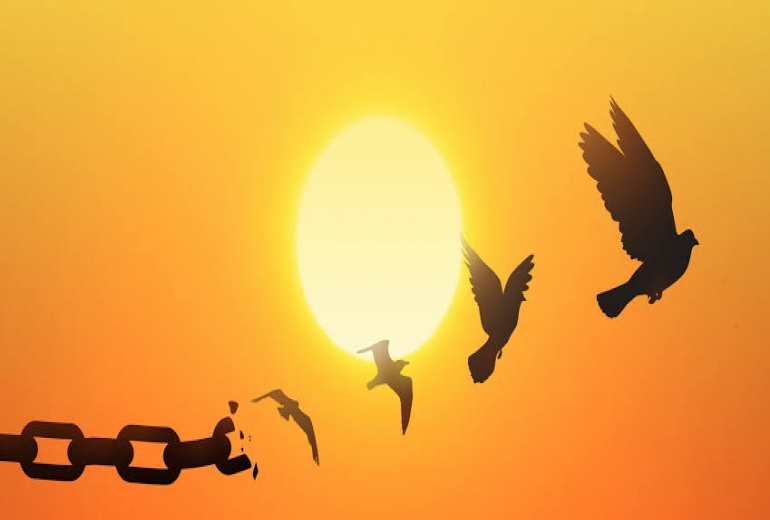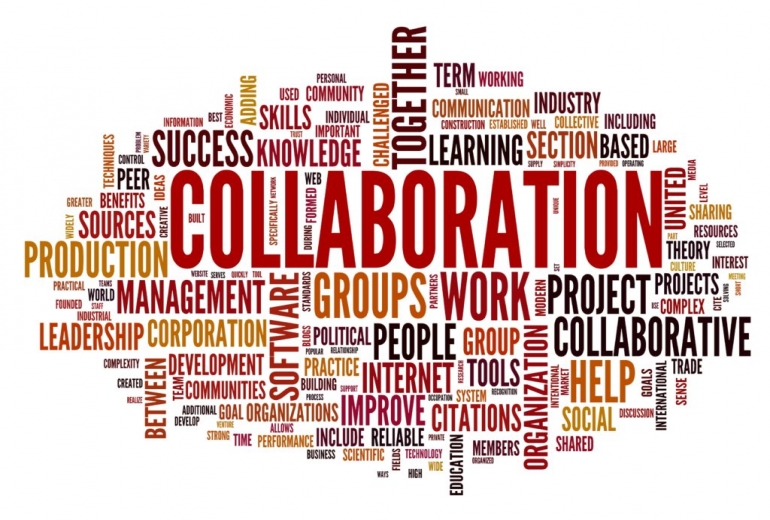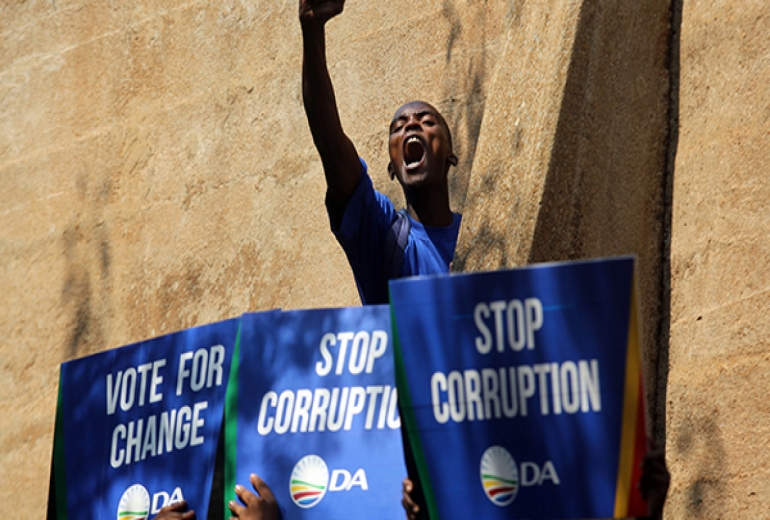
Democracy is derived from two Greek words: “demos,” meaning people, and “Kratos,” which means power. So, democracy can be seen as a way of governing based on the will of the people. It is premised on two principles: individual autonomy and equality. Democracy is equally connected with human rights in such a way that each is dependent on the other. For instance, freedom of thought, conscience, religion, freedom of expression, and freedom of peaceful assembly and association are some of the rights or freedoms that thrive in a democratic state.
Democracy, in its true sense, is for and about the people. Under this system of government, people elect their leaders who are to represent their interests and ensure that they benefit from the dividends of democracy. This system of government technically gives people the freedom to choose who would lead them and change them if they are not performing. In this system, power resides with the people.
After the end of the colonial period, many African states embraced democracy. This was because of the promising nature of democracy. But over time, many states have failed to deliver on the dividends of democracy, leaving the citizens disenchanted with this model of government. Speaking on the nature of democracy in Africa, Toyin Falola stated that although democracy is regarded as the best form of governance model in the world, it has become a tool of manipulation, underdevelopment, gross borrowing, and all sorts of malaise at the hands of African leaders.
Democracy has been reduced to a tool that selfish and corrupt African leaders employ to capture and entrench themselves in power by minimizing the strengths of the state institutions and suppressing the masses using state monopoly. The manipulation of, or the twisted democracy practiced in some African states, has succeeded in birthing strong leaders versus weak institutions syndrome in the region. The above goes against the tenets of democracy, which champion equality before the law, constitutionalism, independence of the judiciary, periodic free and fair elections, etc., all of which have been abused and manipulated by the so-called democratic leaders. For instance, the recent coup in Gabon this August brought an end to the 55-year rule of the Bongo dynasty in a supposed democratic state.
Democratic practice in Africa has been reduced to rituals of periodic elections, which many are skeptical about due to government repressiveness towards opposition (Moomin & Salihu, 2022)and tenure protection of elected leaders through state machinery even when the people have refused to legitimize the said government. Democratic leaders have gone as far as increasing their stay in power through constitutional amendments concerning term limits. This does not bode well for African states because term limits are an important element of checks and balances due to her history of authoritarianism and the relative weakness of independent democratic institutions.
Speaking on the decline of democracy in Africa, Asunka shared insights from Afrobarometer surveys conducted in 28 countries in 2021/2022. He held that fewer than half (46%) of Africans hold their state as fully democratic or democratic with minor problems, and fewer (38%) are satisfied with the way democracy works in their state. Also, he stated that the supply side of democratic governance which is the failure of governments to deliver is the main challenge of Africa’s democratic governance. This means that over time people have failed to see the benefits of democracy in their states as leadership is only democratic in paper but largely authoritarian in practice.
He also stated that increasing strong tolerance for military intervention in politics among young adults aged 18-35 is also a threat to democracy in Africa. One can safely say that due to abuse of power, failed promises, repressiveness, and other undemocratic actions of civilian leaders, there is a growing welcome for the “khaki boys as a beacon of hope or messiah who will save them from the clutches of despotic leaders”.
Furthermore, the 2022 Ibrahim Index of African Governance(IIAG) showed that the democratic rights and freedoms of the electorates are often infringed upon. In the case of Nigeria, the report showed that between 2018/2019, Nigeria's most declined IIAG indicator was democratic election (-16.8), civil society space (-7.0), media freedom (-6.3), personal liberties (-2.2), political pluralism (-1.8). from the above indicators, one can see how low democratic practices are concerning free and fair elections and political participation.
In conclusion, the twisted version of democracy which protects the few as against the majority has reduced the civic space. The civic space is shrinking away, their little or no tolerance for opposition, criticism, and protest, and even the media is not left out. The state that is supposed to protect is now dominant, all-powerful, and feared. The repressive nature of African states brings to mind the nature of colonial Africa; this leaves one wondering whether Africans are now colonizing their fellow Africans.
Way forward
· There should be strict adherence to constitutionalism.
· Institutions should be strengthened to curb strong men's syndrome in Africa.
· The African Union should caution and even sanction leaders who are undemocratic in practice.
References
Adeyemi, M. (2023, September 3). The credentials of most African Leaders negate tenets of Democracy. THE GUARDIAN.
Afrobarometer. (2023, April 13). Democracy in crisis: Africa's long-standing democracies under pressure, Afrobarometer CEO warns. News Release. Retrieved from https://www.afrobarometer.org/articles/democracy-in-crisis-africas-long-standing-democracies-under-pressure-afrobarometer-ceo-warns/
Asadu, C. (2023, August 31). Some in Africa are celebrating the coups. Many are fed up and desperate for change, analysts say-ABC News. Retrieved from https://abcnews.go.com/international/wirestory/-africa-celebrating-coups-fed-desperate-change-analysts-102828308
Compass. (n.d.). Democracy. Retrieved from https://www.coe.int/en/wed/compass/democracy
Handy, P.-S., Akum, F., & Djilo, F. (2020, September 08). What causes Africa's coups? That is the question. Retrieved from https://issafrica.org/iss-today/what-causes-africas-coups-that-is-the-question
Mo Ibrahim Foundation. (2023, June 06). Key democratic freedoms decline during election periods. Retrieved from https://mo.ibrahim.foundation/news/2023/key-democratic-freedoms-decline-during-elections-periods
Moomin, R., & Salihu, N. (2022, September). Third termism and political insecurity in West Africa: cases of Cote d'Ivoire and Guinea. Policy Brief, 10. KAIPTC.
Okoye, C. U. (2023, Sept 7). The failure of Democracy in Africa. THE GUARDIAN.
By Chinenye Nnamani

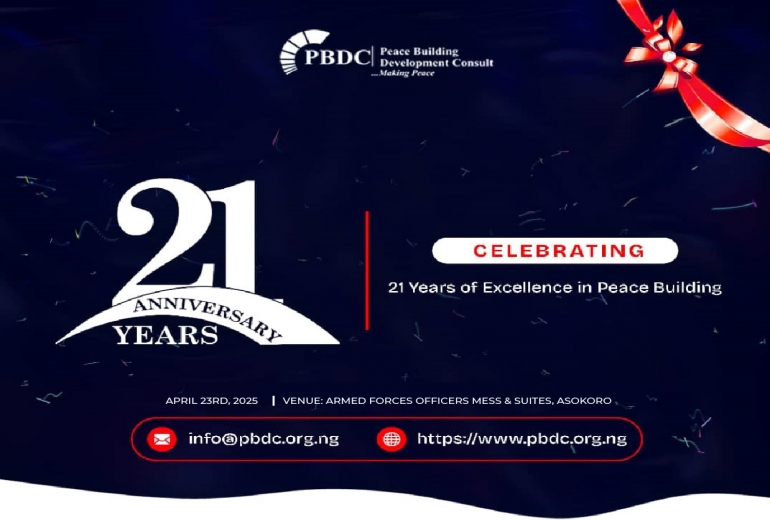
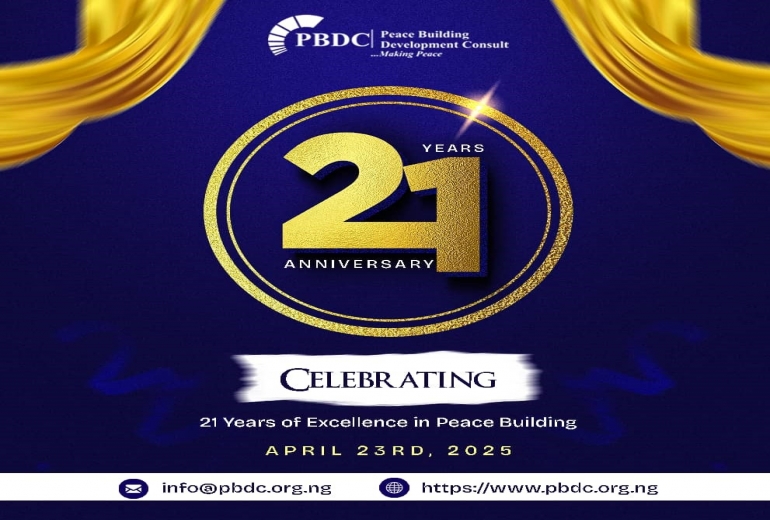
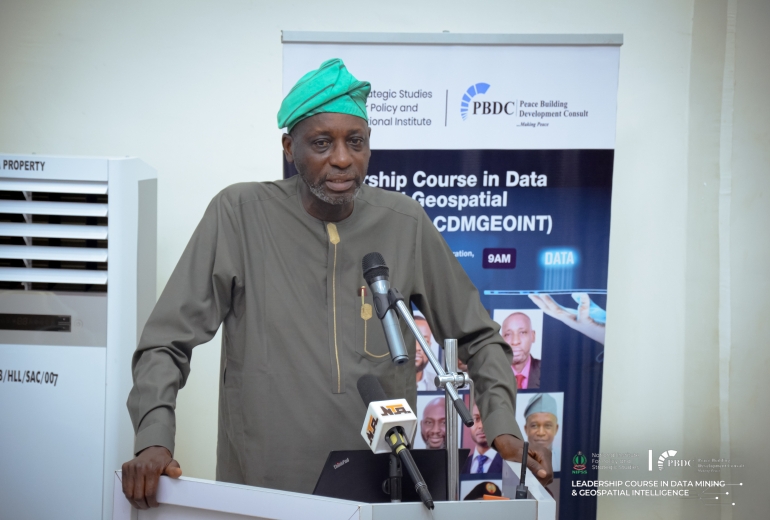
.jpg)
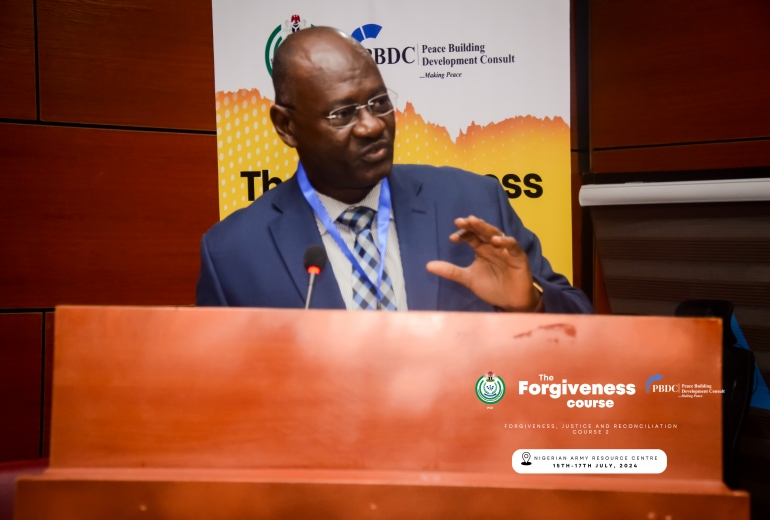
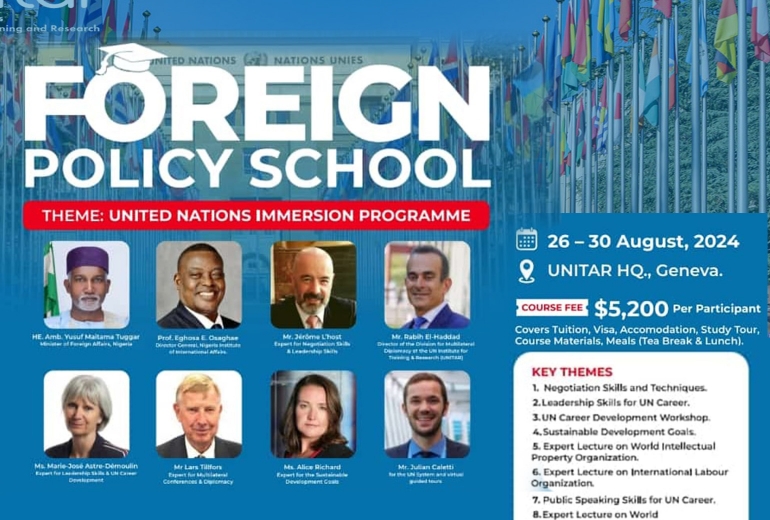
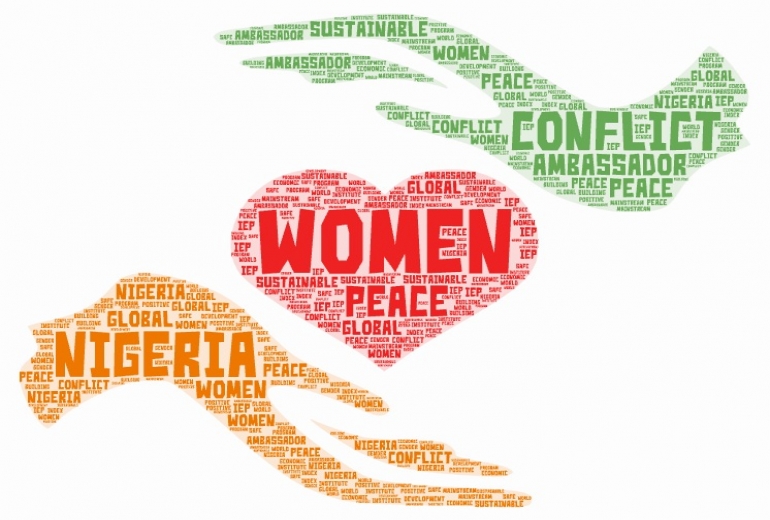
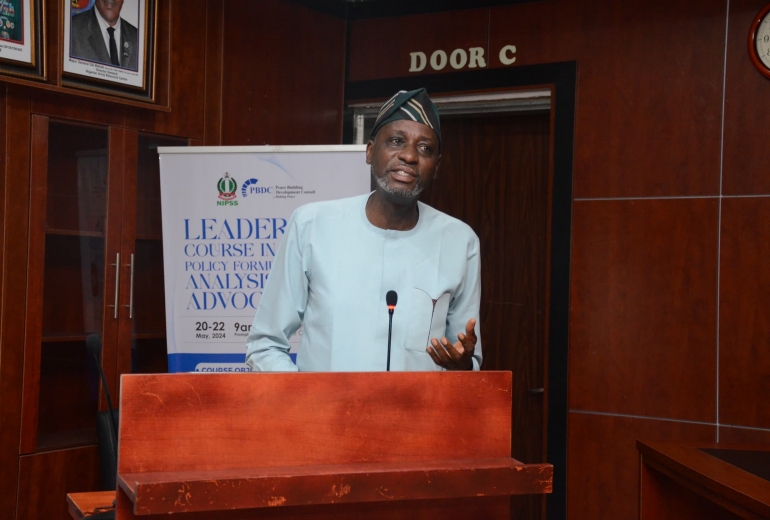

.jpg)
